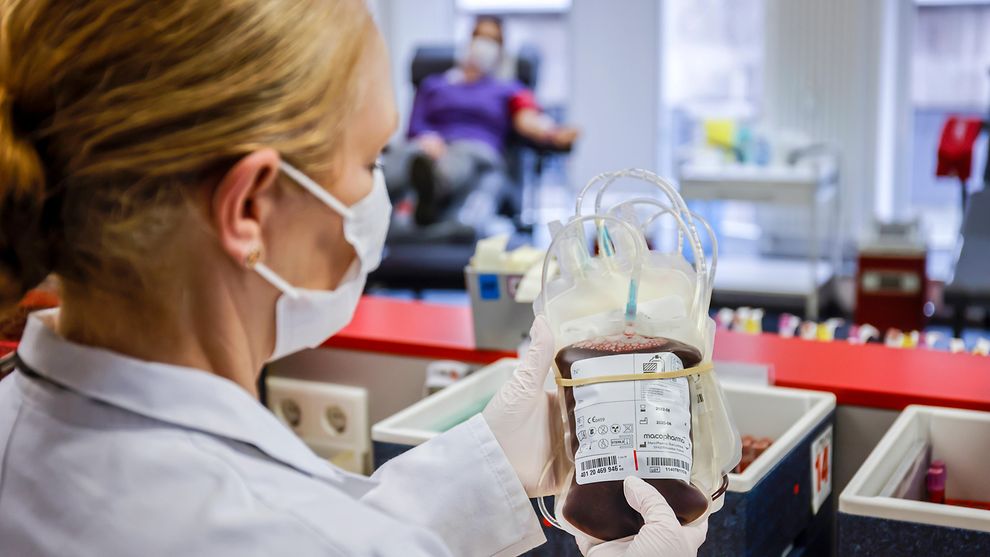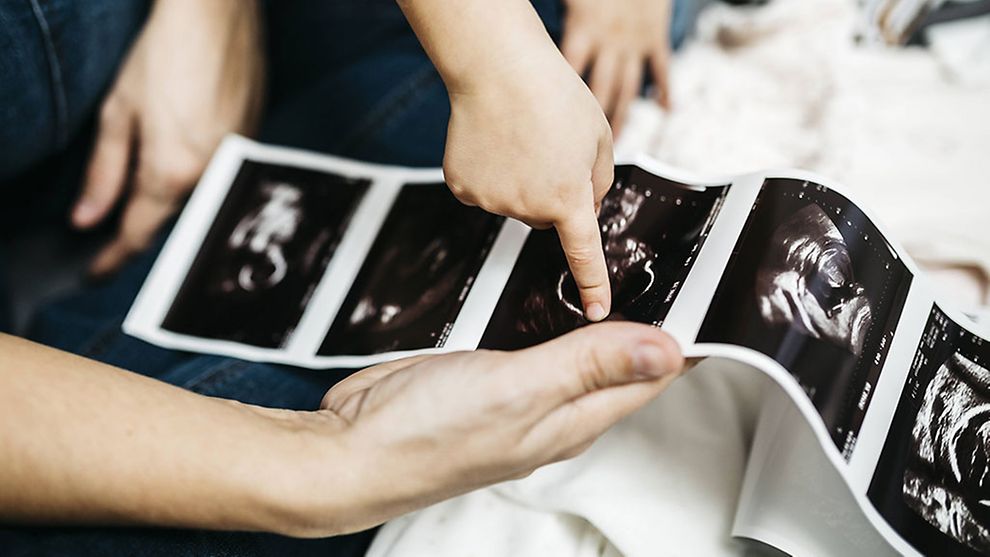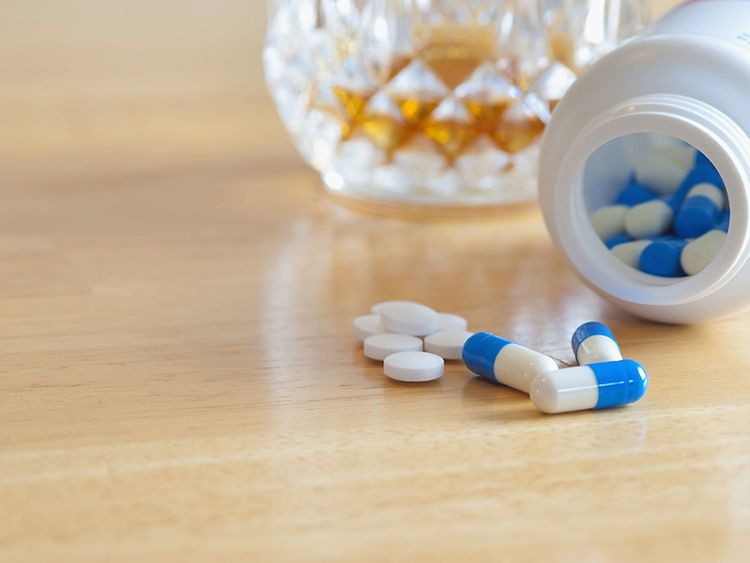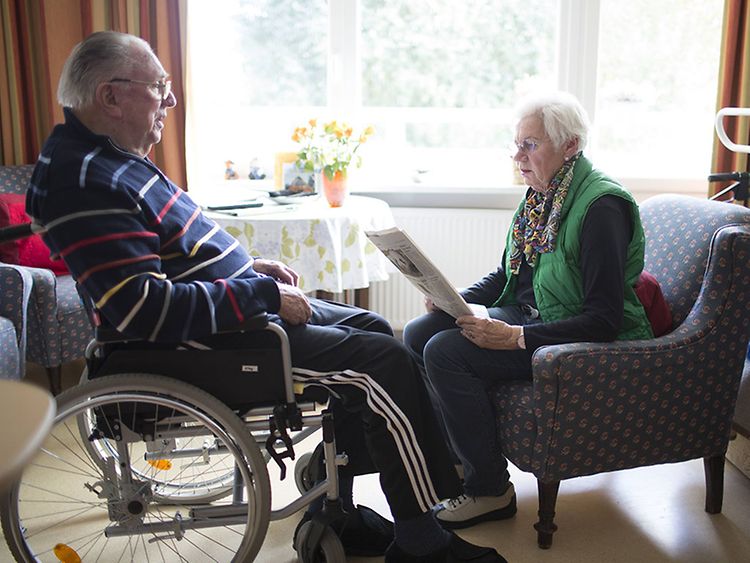The German Red Cross estimates that fewer than 2% of people who could donate blood do so. Many Hamburgers depend on blood donations, so if you can give blood, you would be doing a very good thing donating.
Who can donate?
In principle, anyone between the ages of 18 and 68 can donate blood as long as there are no health concerns and certain criteria are met. For example, being underweight or pregnant could pose a health risk for donation. Piercings and tattoos or a trip to the tropics can also prevent a blood donation. To keep the residual risk of infected blood as low as possible, each donor must sign a self-assessment of risk before donating. Every donation is also tested for pathogens in the laboratory.
Germany has allowed gay and bisexual men to donate blood since 2017. However, they must confirm in their pre-donation self-assessment that they have not had sex with another man within the last year. In effect, this still bars most gay and bisexual men from blood donation, which is an ongoing subject of protest in Hamburg and throughout the country
How can I prepare for donation?
You should drink plenty of fluids before donating blood - at least 1.5 litres. You also shouldn’t give blood on an empty stomach, so make sure to eat around 2-3 hours before making your donation.
Donation
You’ll be asked to complete the self-assessment of risk, mentioned above, and about your medical history, including blood type. If you don’t know your blood type, it will be determined when you donate for the first time
Donors can expect to give approximately 500 milliliters of blood. The blood collection is always done with disposable instruments, so donors don’t need to worry about contracting any infectious diseases from donating - this would be practically impossible.
The process itself usually doesn’t take more than ten minutes, but you’ll need to rest a bit before getting up and moving around. You’ll need to take it easy for the rest of the day afterwards, so make sure not to have anything strenuous planned.
When can I donate again?
In Germany, you must allow a minimum of 56 days between blood donations. Women are allowed to donate blood four times within a twelve month period, whereas men can donate six times. This twelve-month period does not refer to the calendar year, but to a twelve-month period counted from the first of four or six donations. Timing your donations properly is important so your body can reproduce the donated blood cells and protect against iron deficiency.
Tip: To prevent an iron deficiency, you should eat foods rich in vitamins and make sure not to drink coffee, black tea or milk immediately after a meal containing meat or other iron-rich foods, as this prevents the body from absorbing iron as efficiently as possible. Vitamin C, on the other hand, helps with iron absorption, so it makes perfect sense to combine fresh fruit with some red meat, eggs or tofu. If you eat a vegetarian or vegan diet, you should also consider having your blood values checked regularly in order to notice an iron deficiency in good time and ensure you can donate blood as often as possible.
You can find out more about how to donate blood in Hamburg from Blutspendedienst Hamburg (Blood Donation Service Hamburg) and Eppendorf University Hospital (UKE).
Is it currently possible to donate blood during the 2020/2021 COVID-19 coronavirus pandemic?
(As of June 5th, 2020, 12:00 p.m.) Blood donations are still possible and urgently needed, especially in difficult times. Due to the general uncertainty caused by the coronavirus, the number of blood donations in Hamburg has decreased. You do not expose yourself to an increased risk of infection when you donate blood thanks to the strict infection control measures and the excellent hygiene standards at donation centres. So far, there is also no evidence of the coronavirus being transmitted by blood transfusion.
In order to avoid bottlenecks, the Robert Koch Institute and the Hamburg Blood Donation Services appeal to all those willing to donate who are healthy and have not been in risk areas in the past few weeks to continue donating blood.
The Hamburg blood donation service also calls on coronavirus patients who have already recovered to donate plasma. In this way, patients in life-threatening situations are given the chance of a cure through antibody therapy. If you have survived your own COVID-19 illness and are ready to donate plasma, please contact the blood donation service in Hamburg directly.
Current information on blood donation and the infection control measures taken in Hamburg can be found on the websites of Blutspendedienst Hamburg and the UKE blood donation service.








